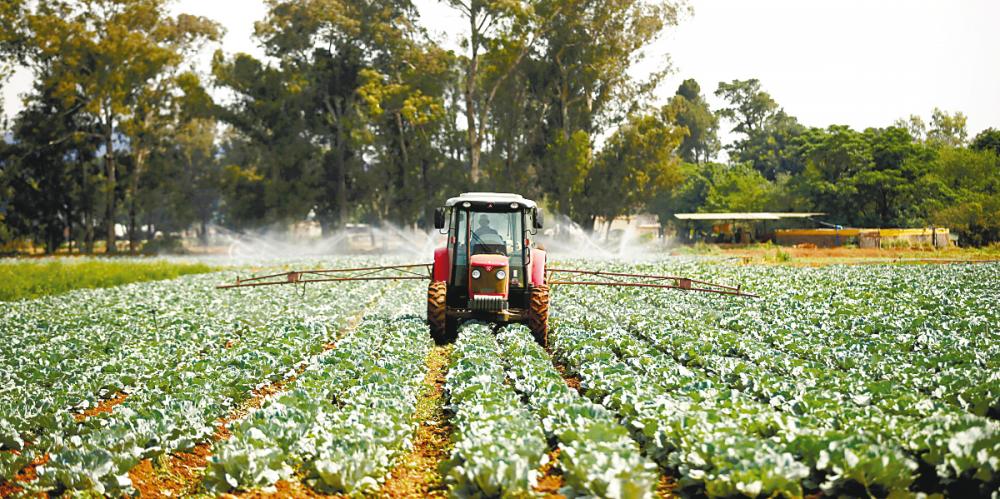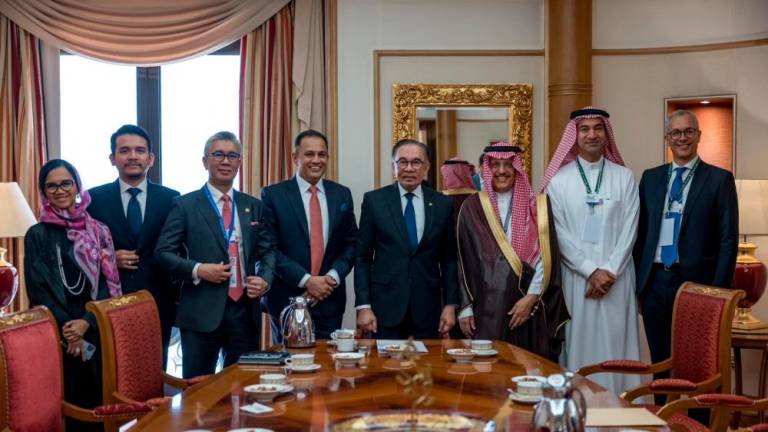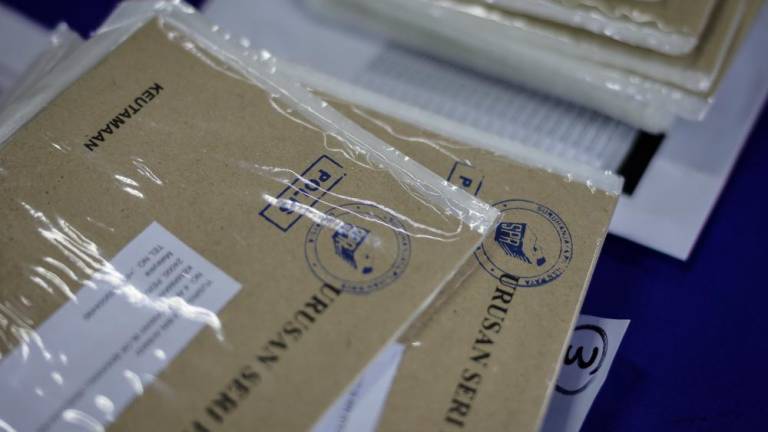PETALING JAYA: Malaysia’s agricultural productivity is less than half of high-income country averages, highlighting an urgent need for reforms and expanding the sector’s contribution to the country’s development trajectory, according to a World Bank report.
Titled “Agricultural Transformation and Inclusive Growth: the Malaysian Experience”, the report said further efforts are needed if Malaysia is going to have an agricultural sector reflective of a developed economy.
World Bank country manager for Malaysia Firas Raad said agriculture is at the heart of a country’s economic structural transformation.
“No country has made a transition to high-income status without successful agricultural transformation. Without such shifts, there will be delays to economic transformation to the detriment of the overall economy, poverty reduction, food security, and the broad welfare of urban and rural people.
“We have been working closely with the Ministry of Economic Affairs on various areas of policy – agricultural transformation being the latest. We hope our strong partnership will continue to serve the long-term development aspirations of the country,” he said in a statement issued by the World Bank.
The report notes that agriculture in Malaysia is still dominated by smallholders with an aging farmer population.
With palm oil covering 75% of the cultivated land, agriculture diversification should be considered to reduce dependence on single crops to protect the sector from external shocks, the report stated.
As of 2017, agricultural value added per worker in Malaysia was 45% of the average among high-income countries.
The report recommended that Malaysia address this issue as a key development priority, noting that successful agricultural transformation would lead to a convergence between average household incomes from agriculture and from other development.
Economic Affairs Ministry secretary-general Datuk Saiful Anuar Lebai Hussen said the government is focusing on this development need. “... Smart and high-value agriculture has been identified as a key economic growth activity in the recently launched Shared Prosperity Vision 2030.
“This timely report is a joint effort between our ministry and the World Bank and serves to distill lessons from the Malaysian experience and identify remaining key challenges. Moving forward, we will con-tinue our cooperation to enrich development policies in Malaysia,” he said.










